With rapid advancements in modern technology, the electronic sports and entertainment industries are flourishing. As an emerging discipline, the Department of Electronic Sports and Computer Entertainment Science is dedicated to cultivating talent with professional knowledge and practical skills, ready to face future technological and cultural challenges. Our department is focused on ESports and Computer Entertainment Science, with specialized teaching as its core. In response to industry talent demands, we emphasize competency-based professional development, providing students with diverse thinking and practical experience in a higher academic institution for design.
Adhering to the educational goals and future development objectives of our school and college, and in line with national development policies, we aim to nurture high-level design talents who meet the cross-disciplinary integration needs of the digital innovation industry. Targeting Taiwan’s electronic sports and digital media industries for talent cultivation and technology R&D, our department is committed to establishing collaborations with relevant industry and academic partners.
Our department’s special training organization, “Storm Teams” enhances practical guidance mechanisms and course planning. We cultivate students’ practical vocational competencies and correct attitudes to improve their professional literacy and competitiveness. We aim to nurture academic and professional talents in the digital innovative economy, and through practical internships, we refine and adapt our department’s development characteristics and goals based on feedback and outcomes.
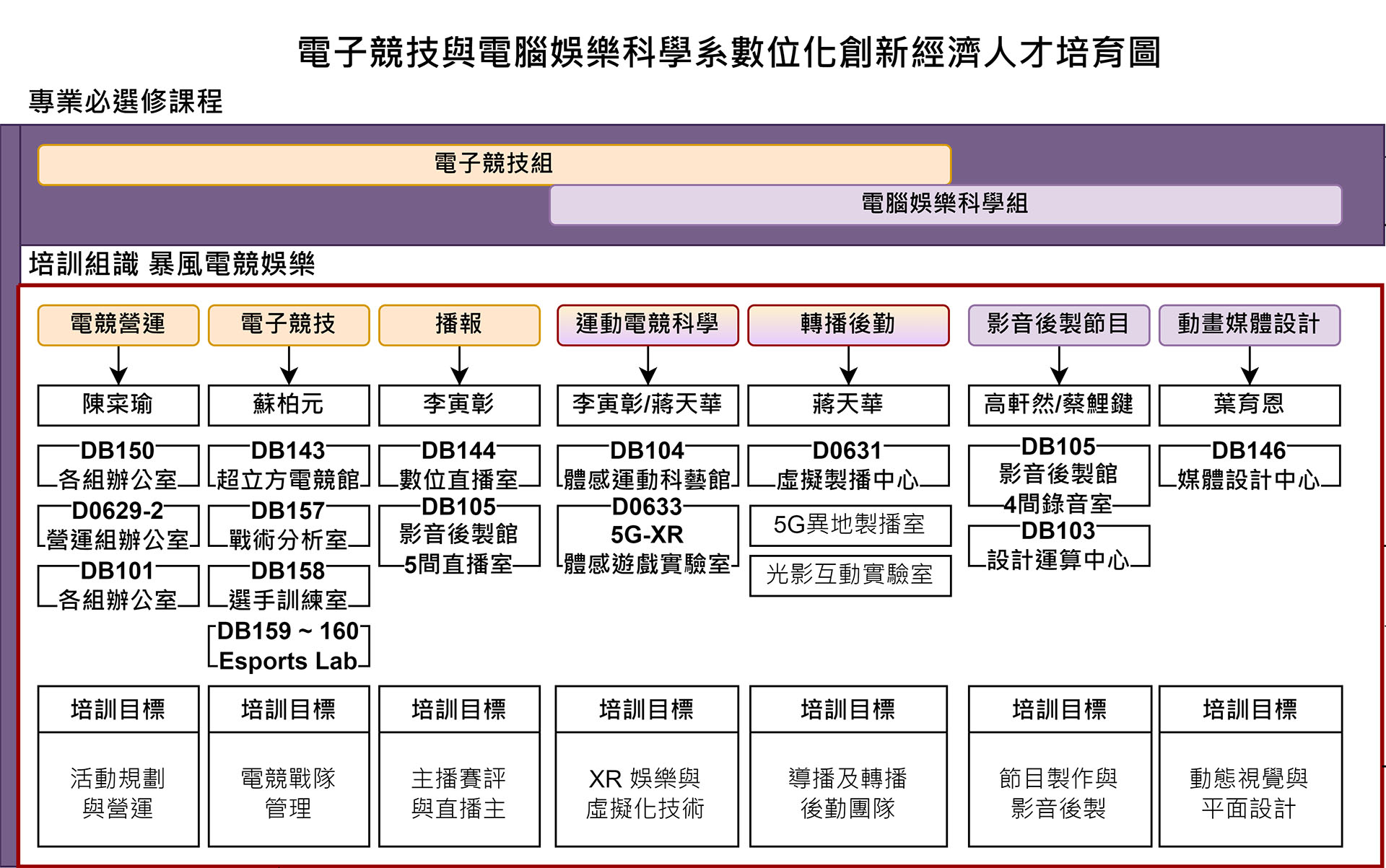
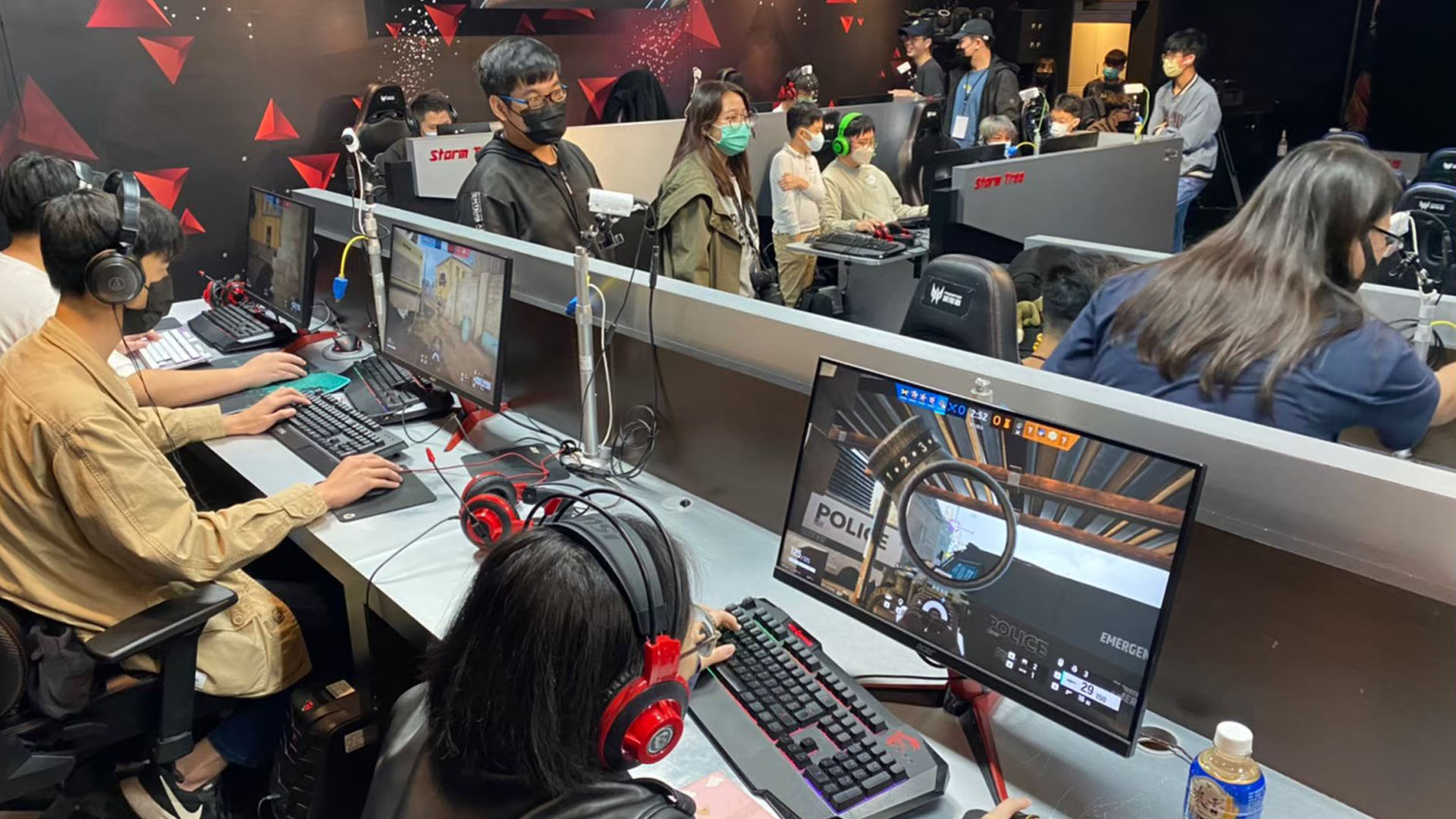
DB143 Esports Hall
Esports training area, cultivating professional talents for tournament activities. This includes Esports coaches, Esports players, Esports analysts, team leaders, and more.
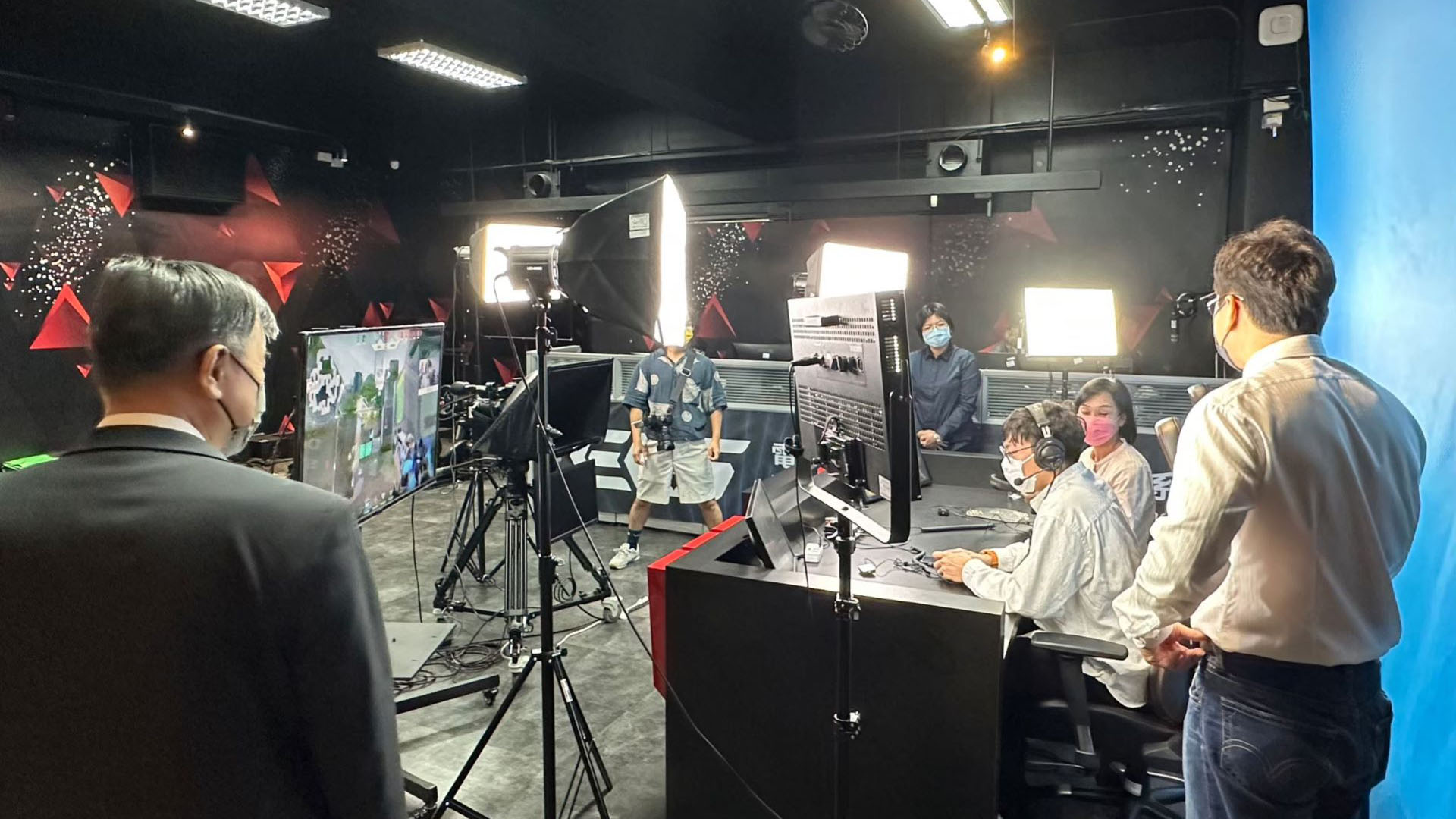
DB144 Broadcasting Studio
Commentator and Broadcast Logistics Training Space. Used for practical training in official competition rooms. Cultivates tournament hosts, tournament commentators, live streaming influencers, and VTubers.
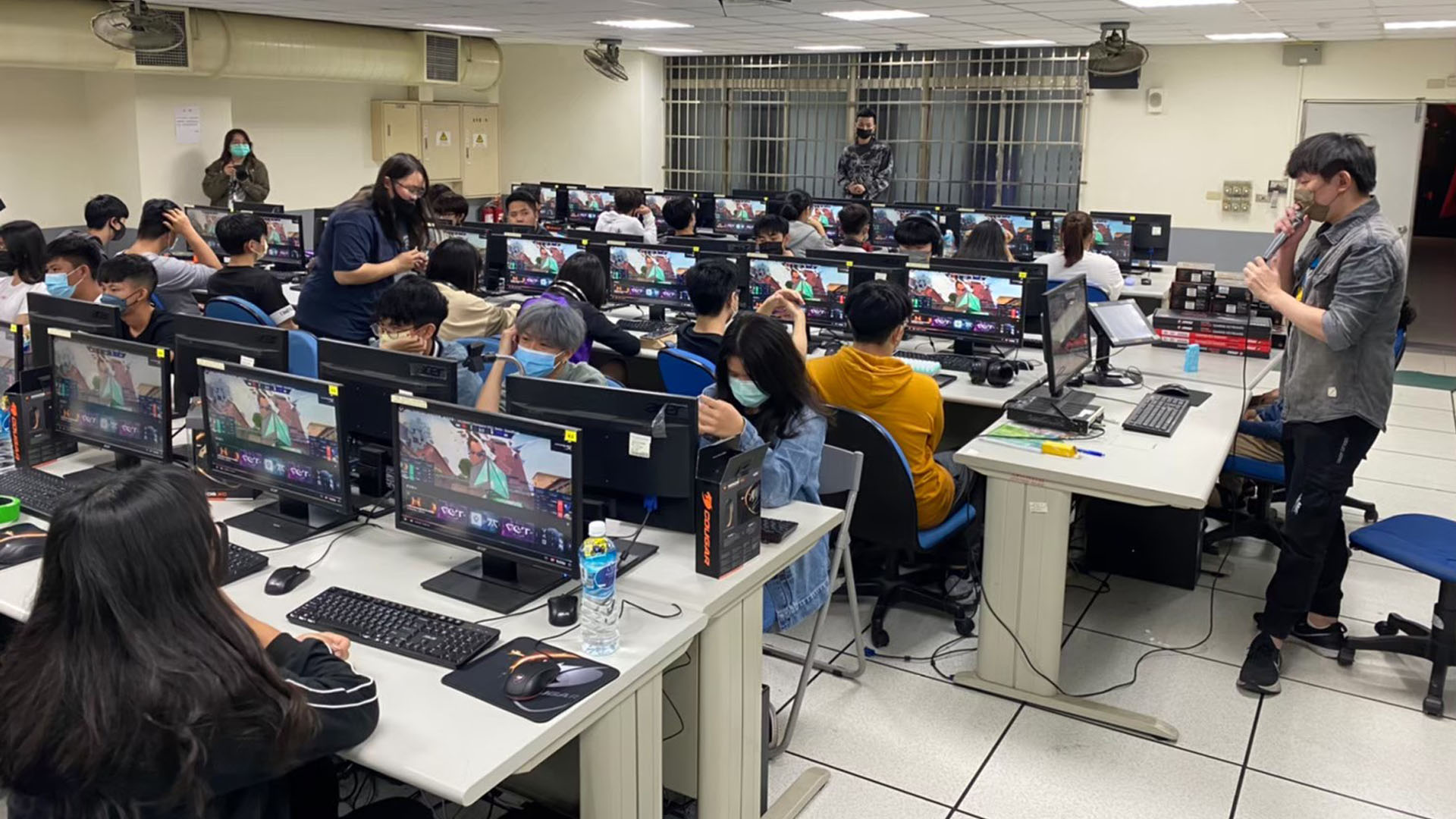
DB146 Media Design Center
Broadcast title effects, game production, and interactive media creation educational environment. Students learn the skills required for creating interactive gaming processes, including: programming design, 3D modeling, 3D animation, game interface design, multimedia audio-visual, music production, game artificial intelligence, interactive installations, and more.
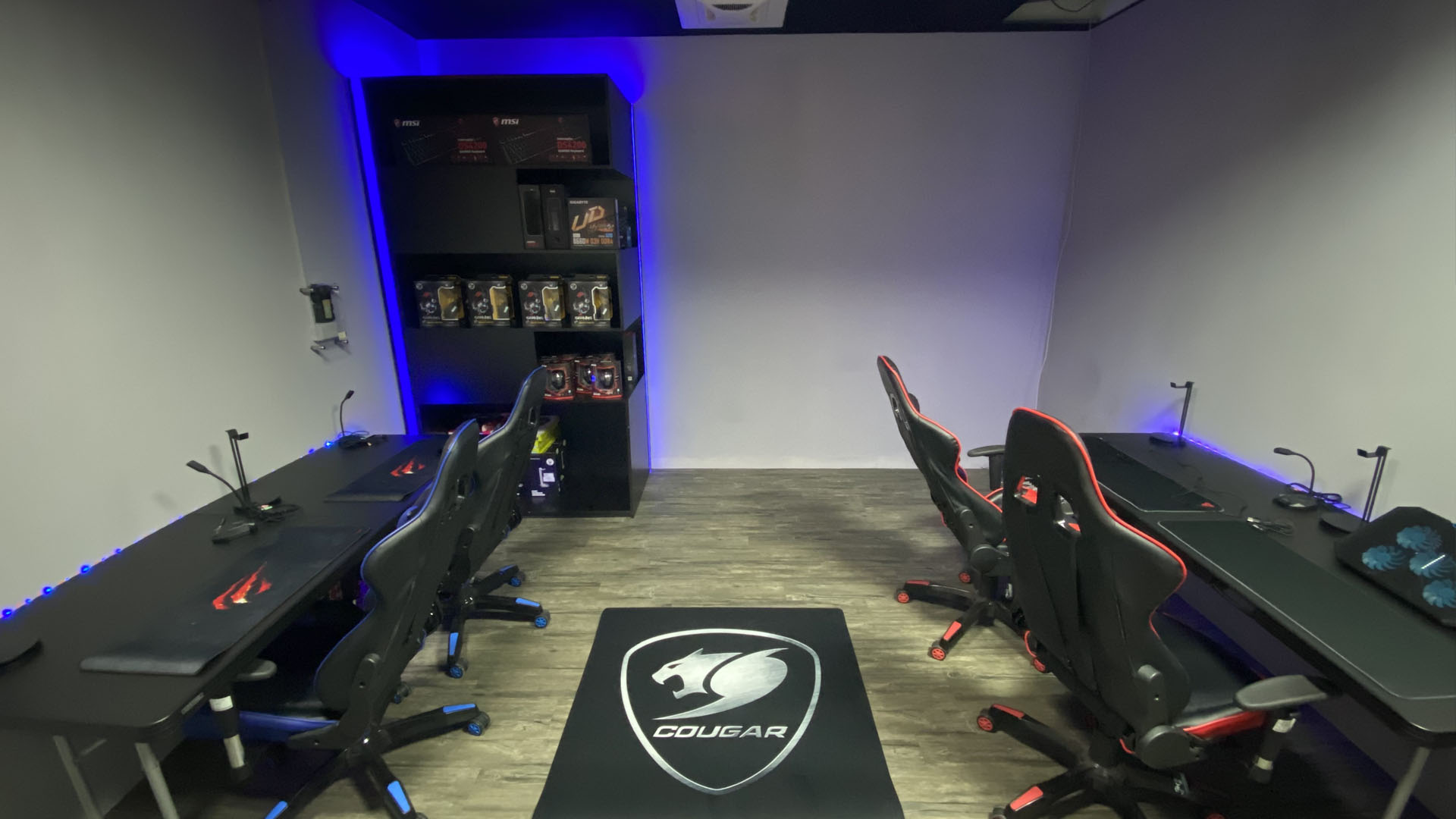
DB157 Tactical Analysis Room
Esports training room, cultivating professional talents for tournament activities. This includes Esports coaches, Esports players, Esports analysts, team leaders, and more.
- Game Data Analysis: Utilizing AI to analyze data within games, such as player behavior, game maps, and objectives. This information can assist players in analyzing opponents’ behavior, strengths and weaknesses, as well as identifying their own areas for improvement.
- Machine Learning and Predictive Analysis: Leveraging machine learning algorithms to predict strategies that players or opponents may employ during gameplay. This can aid players in developing better tactics and strategies for different opponents or scenarios.
- Team Tactical Analysis: Utilizing AI to analyze the collaboration, strategies, and combinations among team members. This can assist the team in improving cooperation, coordination, and countering opponents’ tactics.
- Image Recognition and Analysis: Using image recognition technology to analyze images and videos in games, such as game scenarios and player maneuvers. This can help players identify opponents’ weaknesses and blind spots, as well as optimize their own playing skills.

DB158 Mobile Game

DB159 LOL
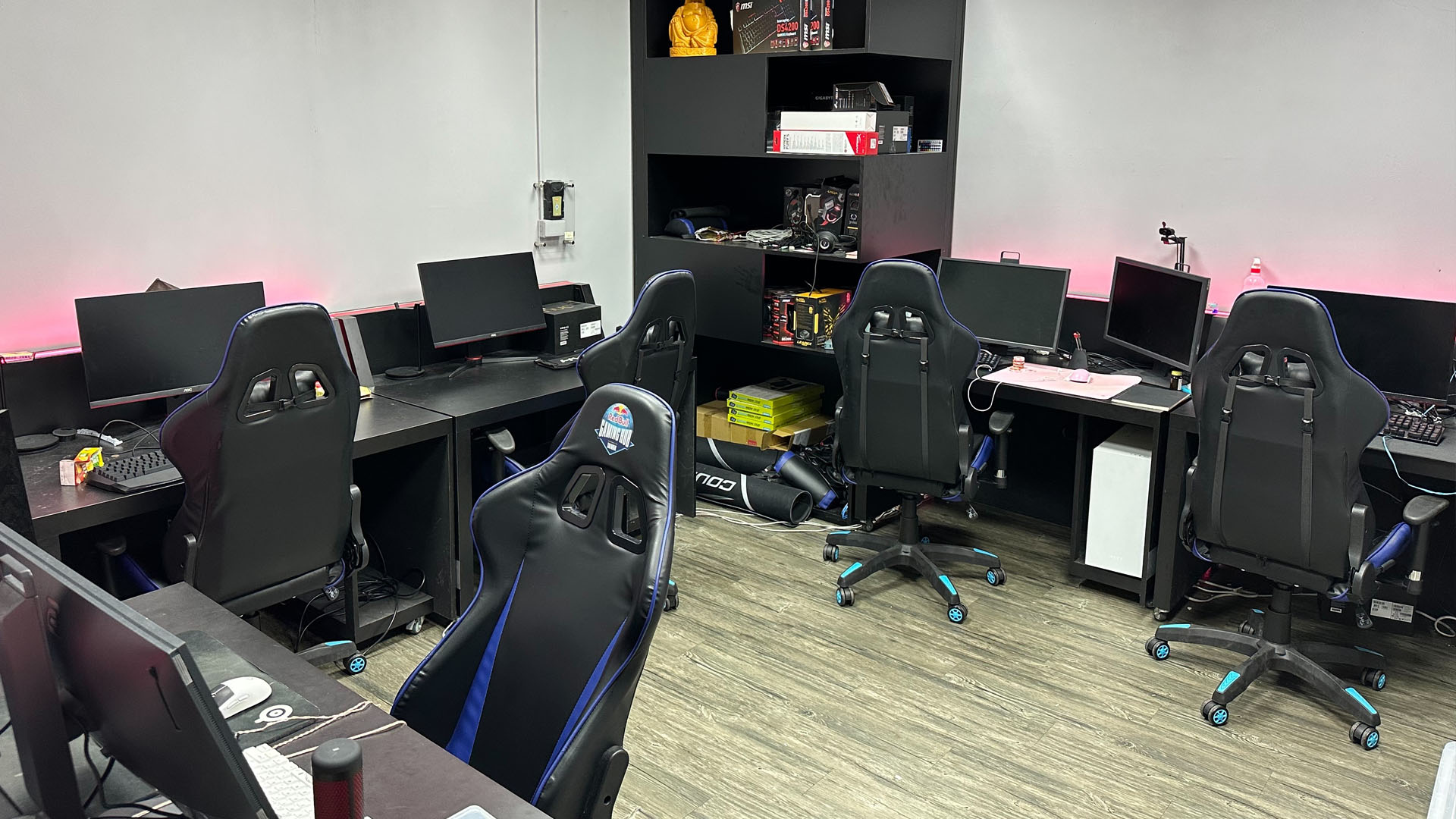
DB160 VALORANT
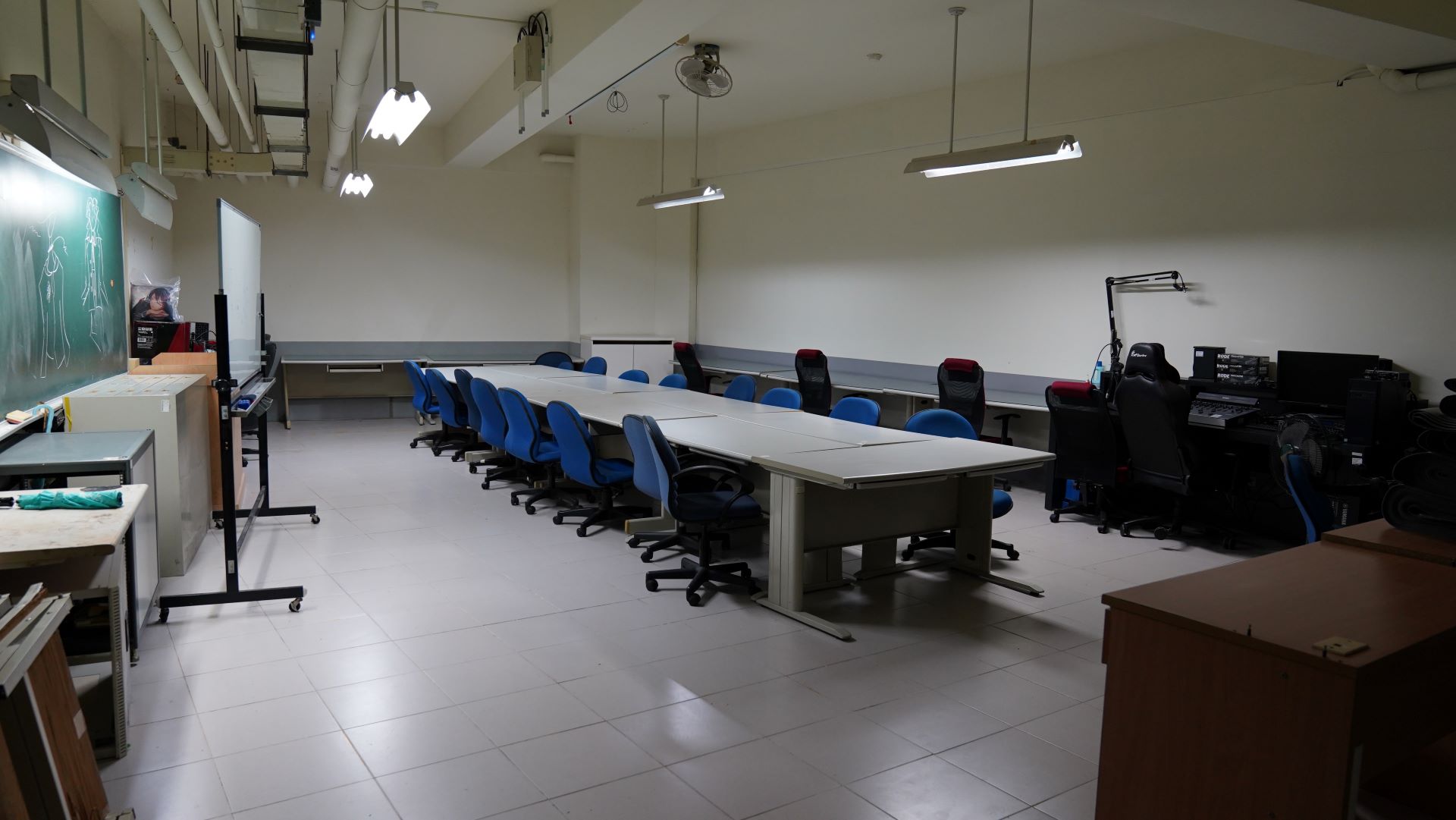
DB101 Student Workspace
Storm Teams work and entertainment spaces, training organization practical cultivation office, serving as the office and discussion space for each group.
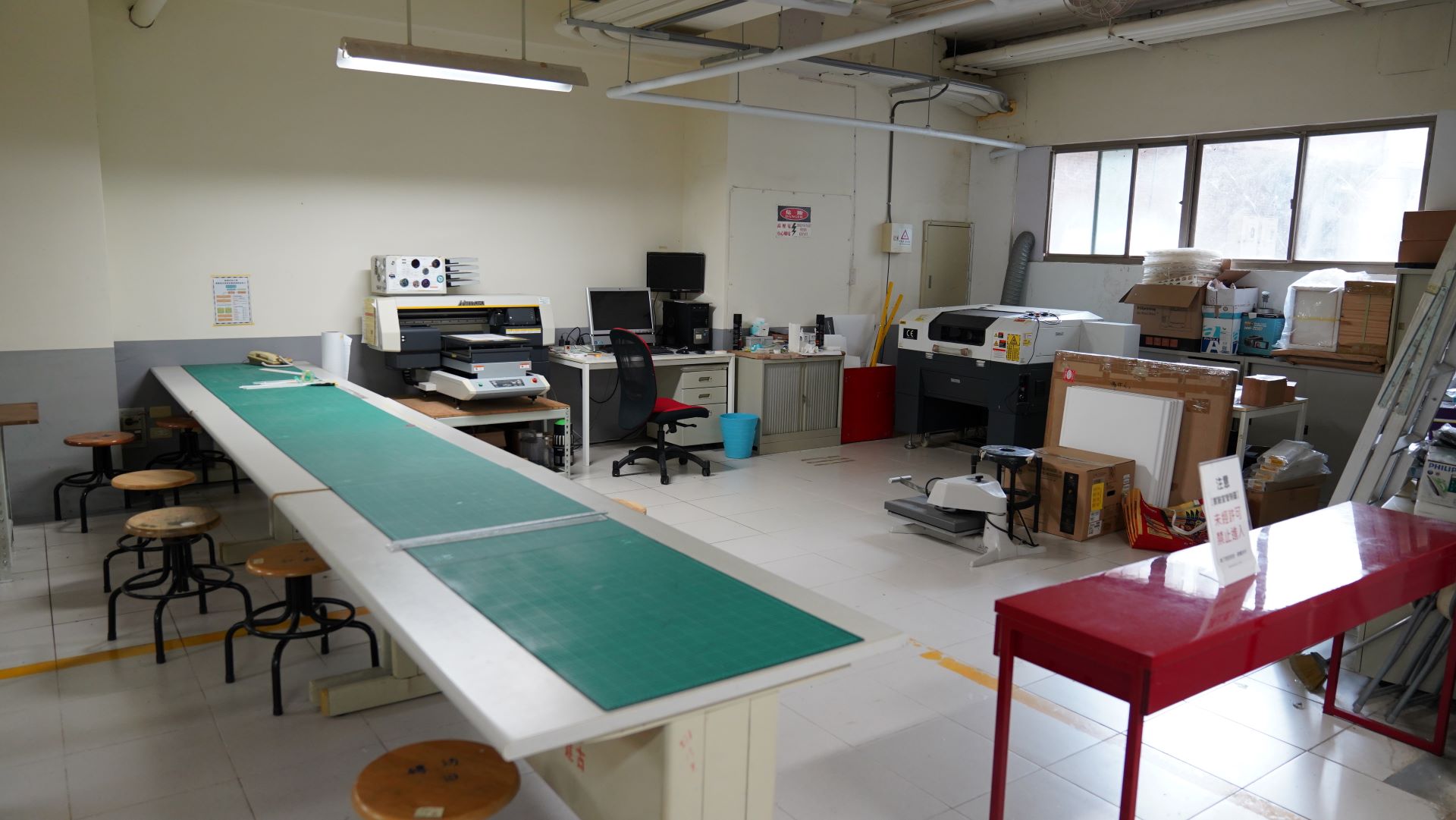
DB101-1 Makerspace
Provides the necessary environment and equipment for designing eSports peripheral products, including 3D printers, direct-to-garment printers, heat transfer machines, laser cutters, and more.
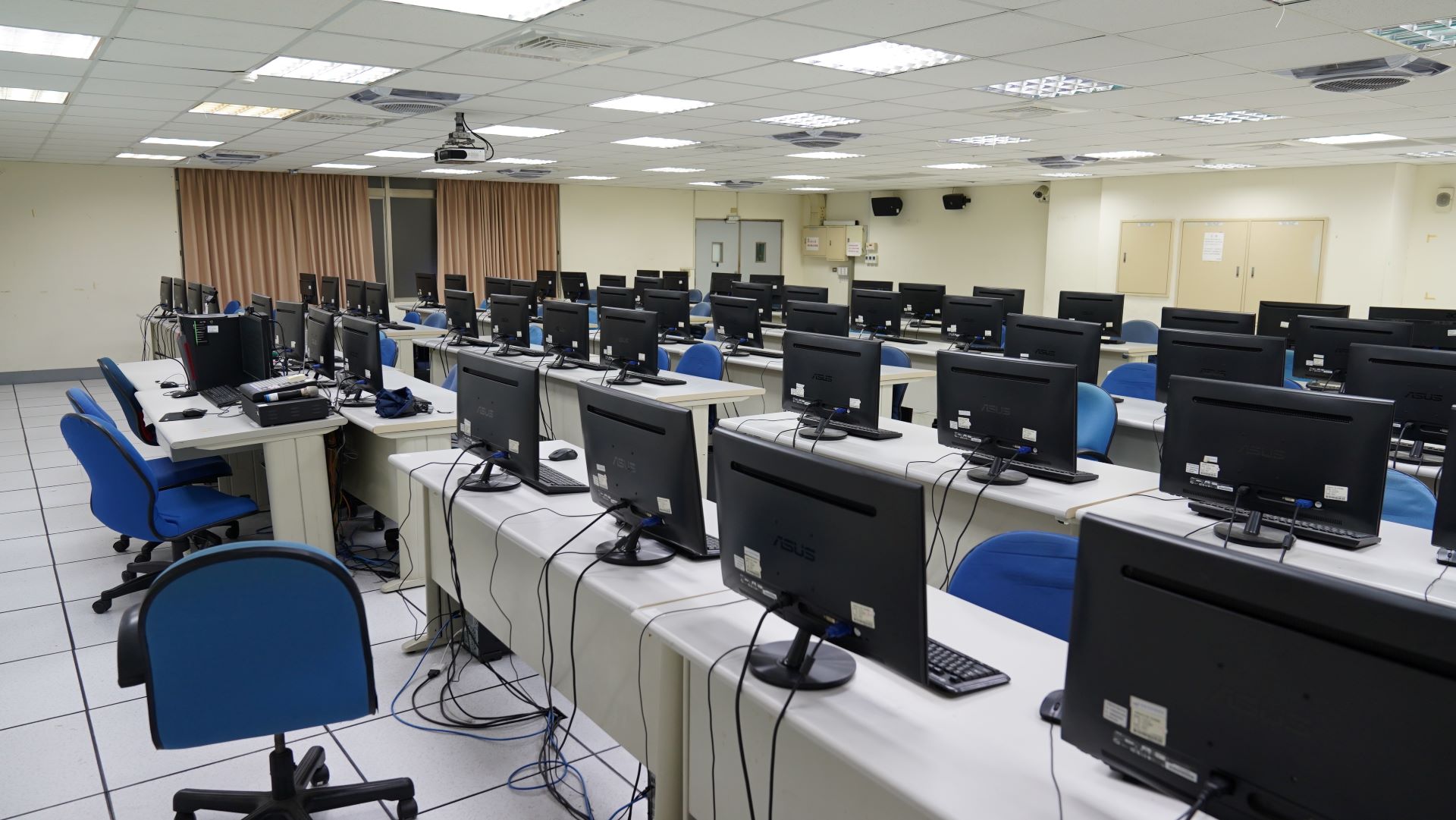
DB103 Design Computing Center
The Design Computing Center offers an educational environment for game production and online media creation, where students learn how to create games and animations.
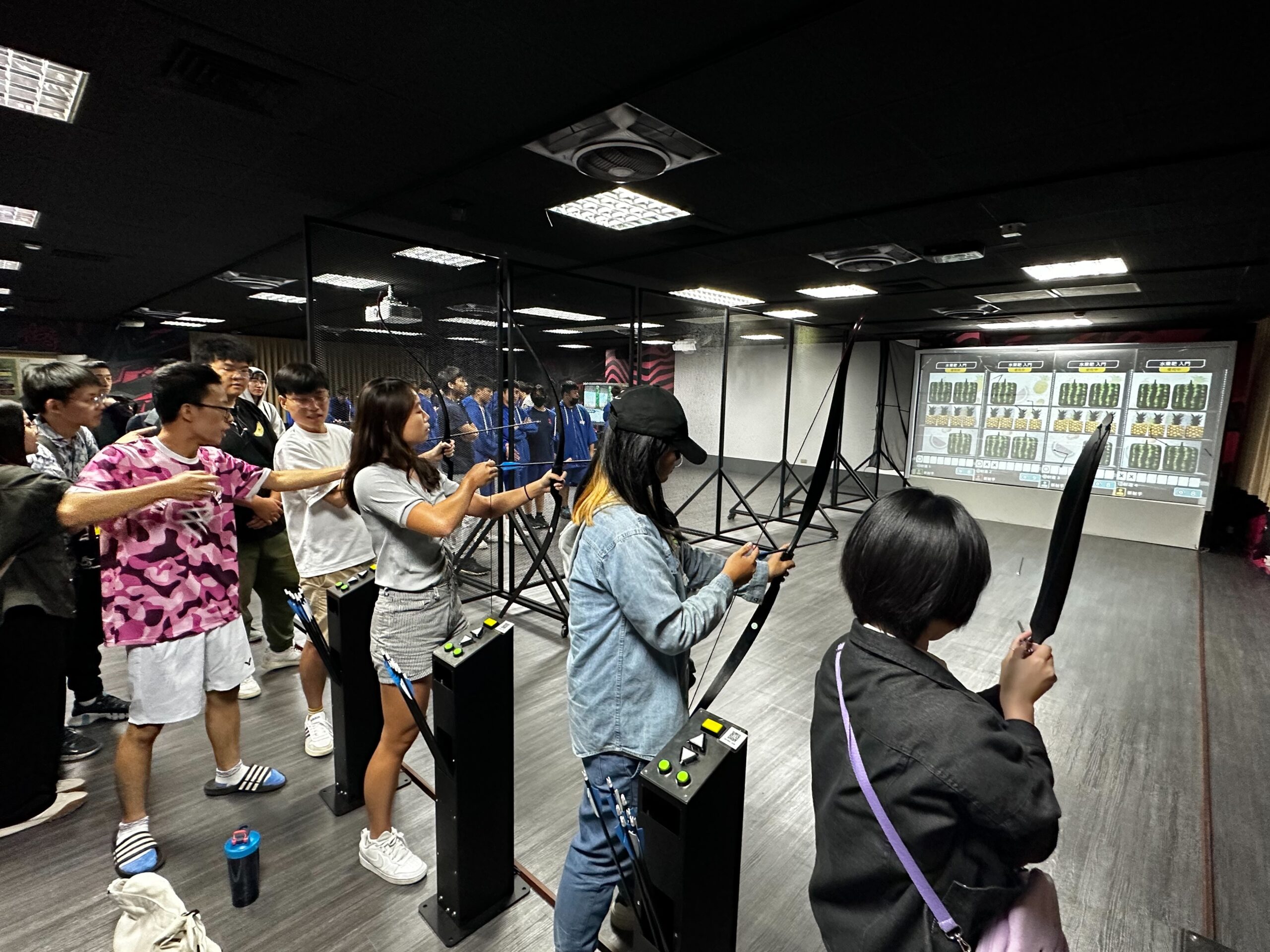
DB104 Virtual Sports
Cultivating a new generation of 'Sports x Technology' talents for the digital innovation economy. Creating new operation models for smart venues, promoting the intelligent transformation of indoor facilities; furthermore, adding technological value to outdoor sports, focusing on the characteristics of open outdoor sports areas (such as mountaineering, road running, cycling, etc.), and developing new operational models for outdoor sports venues.
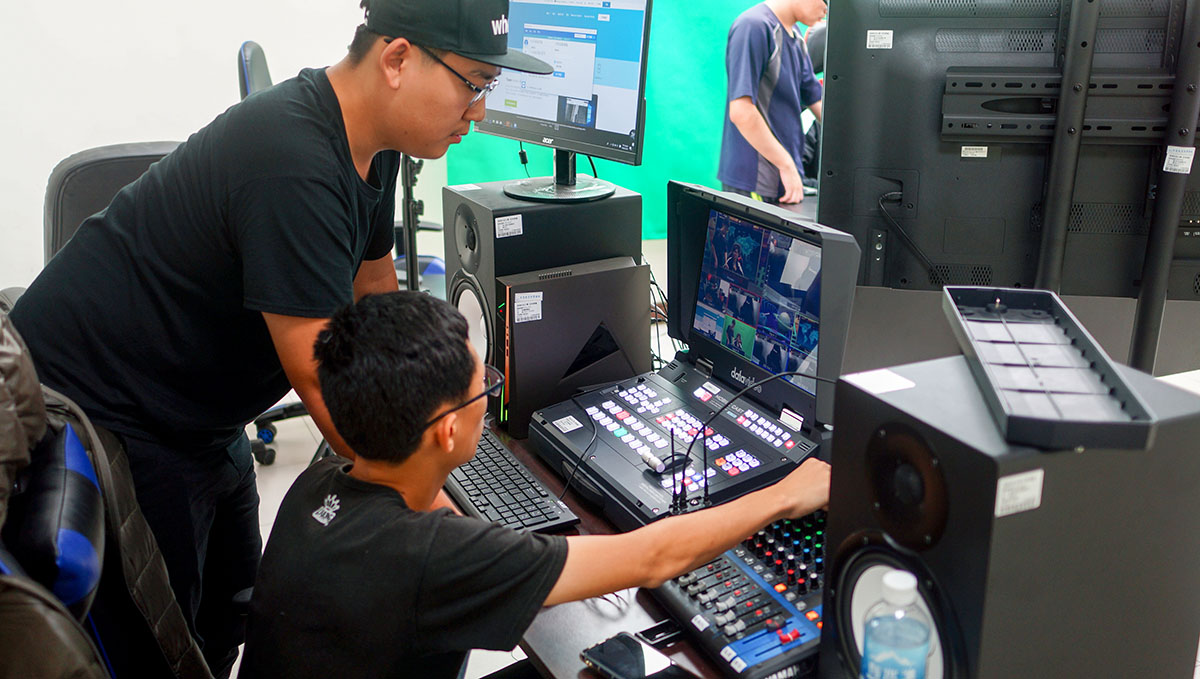
DB105 Streaming Room
Audio-Visual Post-Production Engineering Hall - Photography Studio: 4 digital photography studios, dedicated to cultivating talents in hosting, self-media, and broadcasting.
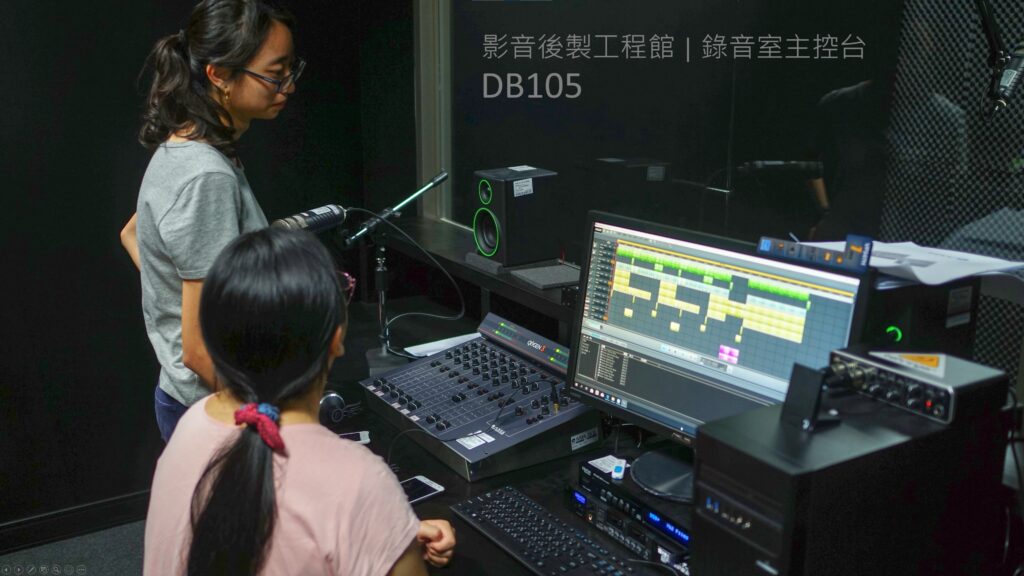
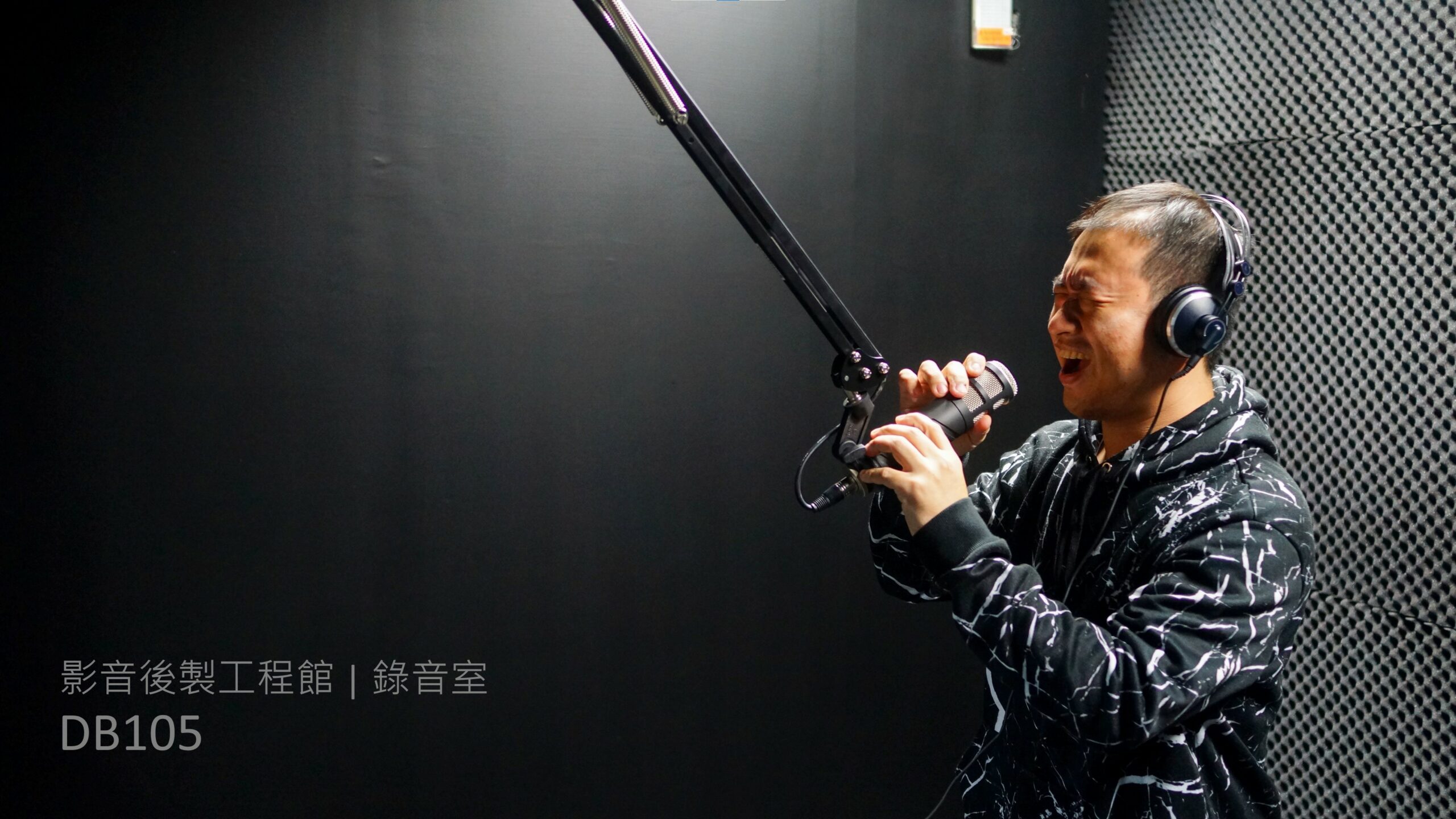
DB105 Recording Studio
Audio-Visual Post-Production Engineering Hall - Recording Studio: 4 recording studios, focused on training talents in hosting, sound post-production, game sound effects, 3D post-production, as well as animation, music scoring, film and television, digital learning, broadcasting, voice acting, and related fields.

D0631 Virtual Production Center
Cultivating a new generation of forward-thinking digital creators for digital content communication and production, by integrating virtual production technology into the existing departmental development framework. This eliminates the need for post-production, allowing for the immediate shooting of realistic scenes within the studio. The teaching and practical area utilizes spatial positioning and light projection technology to reconstruct the virtual world within the real world. Capable of conducting 3D animation filming, video post-production, special effects processing, image compositing, motion capture, and more.
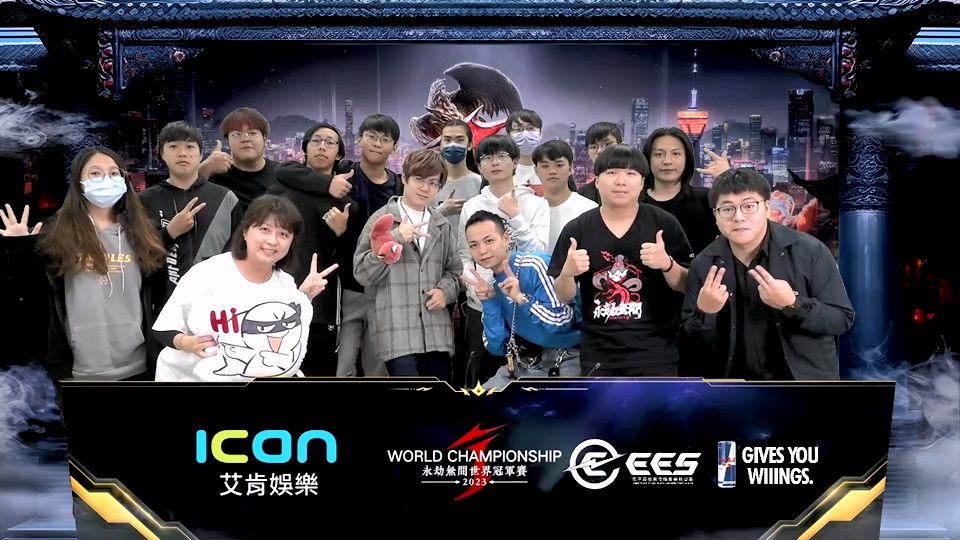
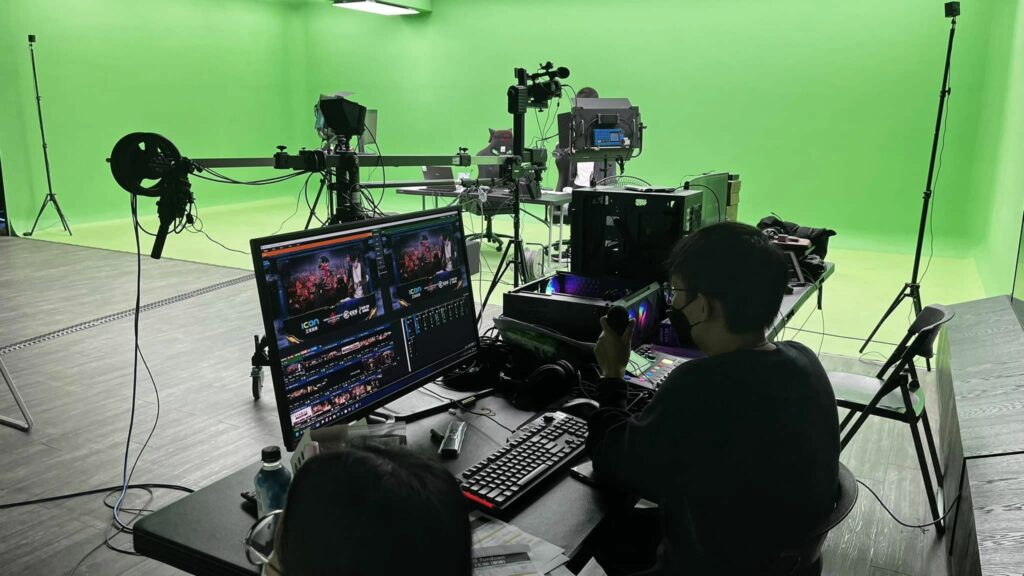
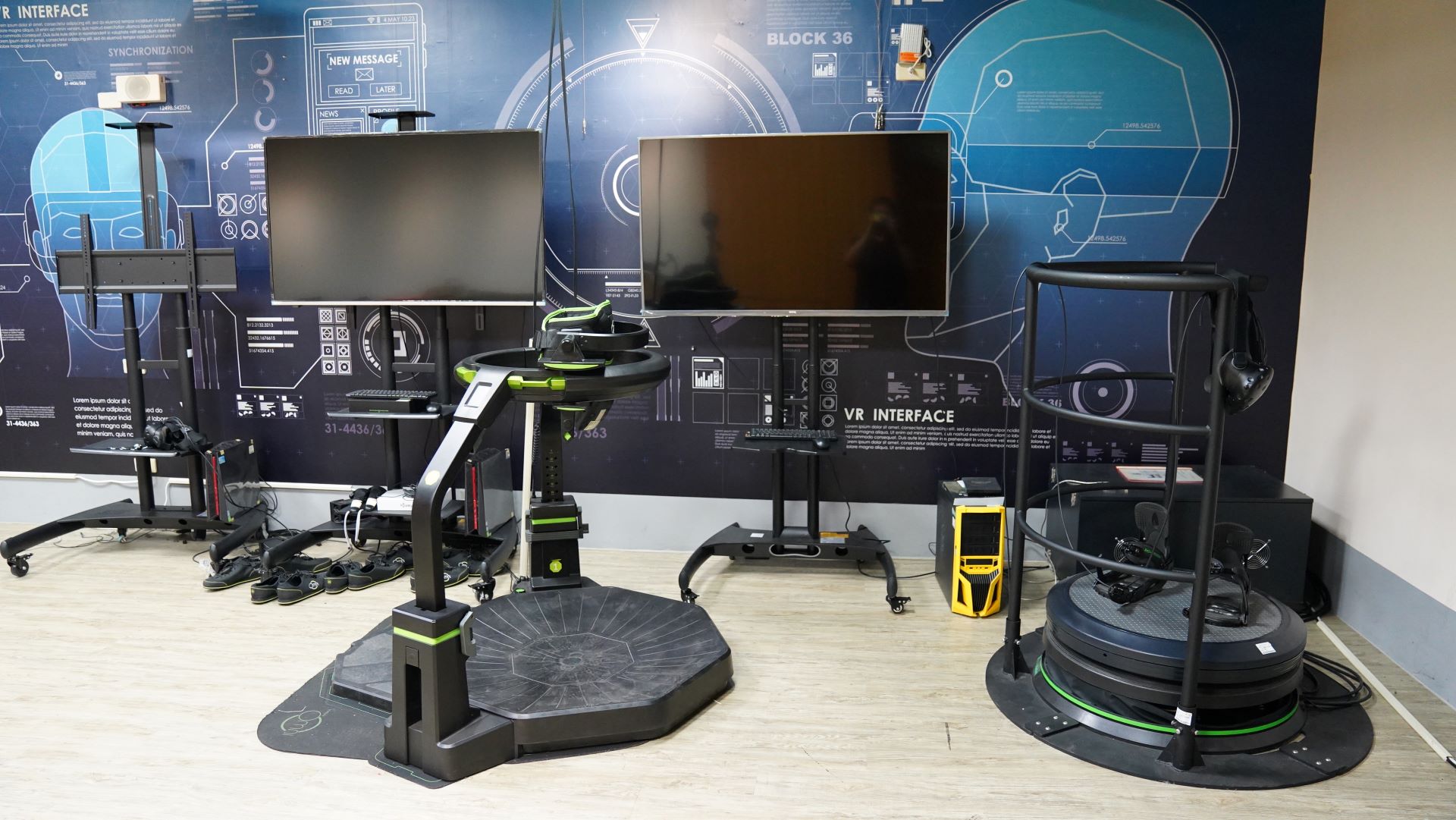
D0633 5G-XR Gaming Hub
Kinetic Game Interactive Experience and Development Environment, enabling students to instantly revise and learn the production process of kinetic games, as well as to verify the practical environment. The equipment includes a stationary treadmill, pneumatic horizontal plane simulation, bicycles, and a spatially positioned VR environment field.
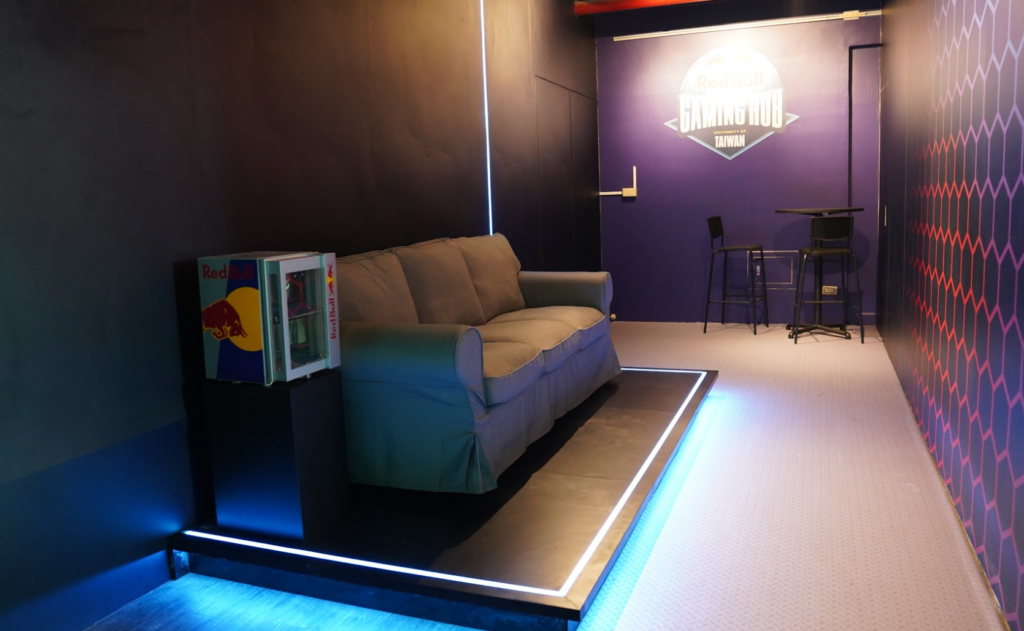
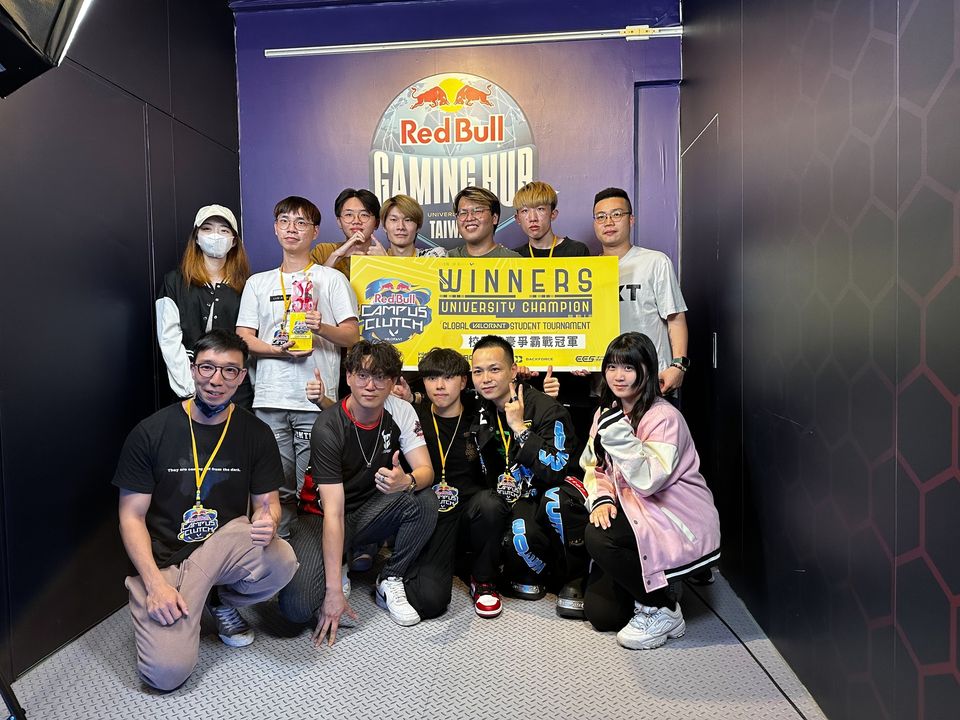
Red Bull Gaming Hub

D0633 5G-XR Gaming Hub
Kinetic Game Interactive Experience and Development Environment, enabling students to instantly revise and learn the production process of kinetic games, as well as to verify the practical environment. The equipment includes a stationary treadmill, pneumatic horizontal plane simulation, bicycles, and a spatially positioned VR environment field.
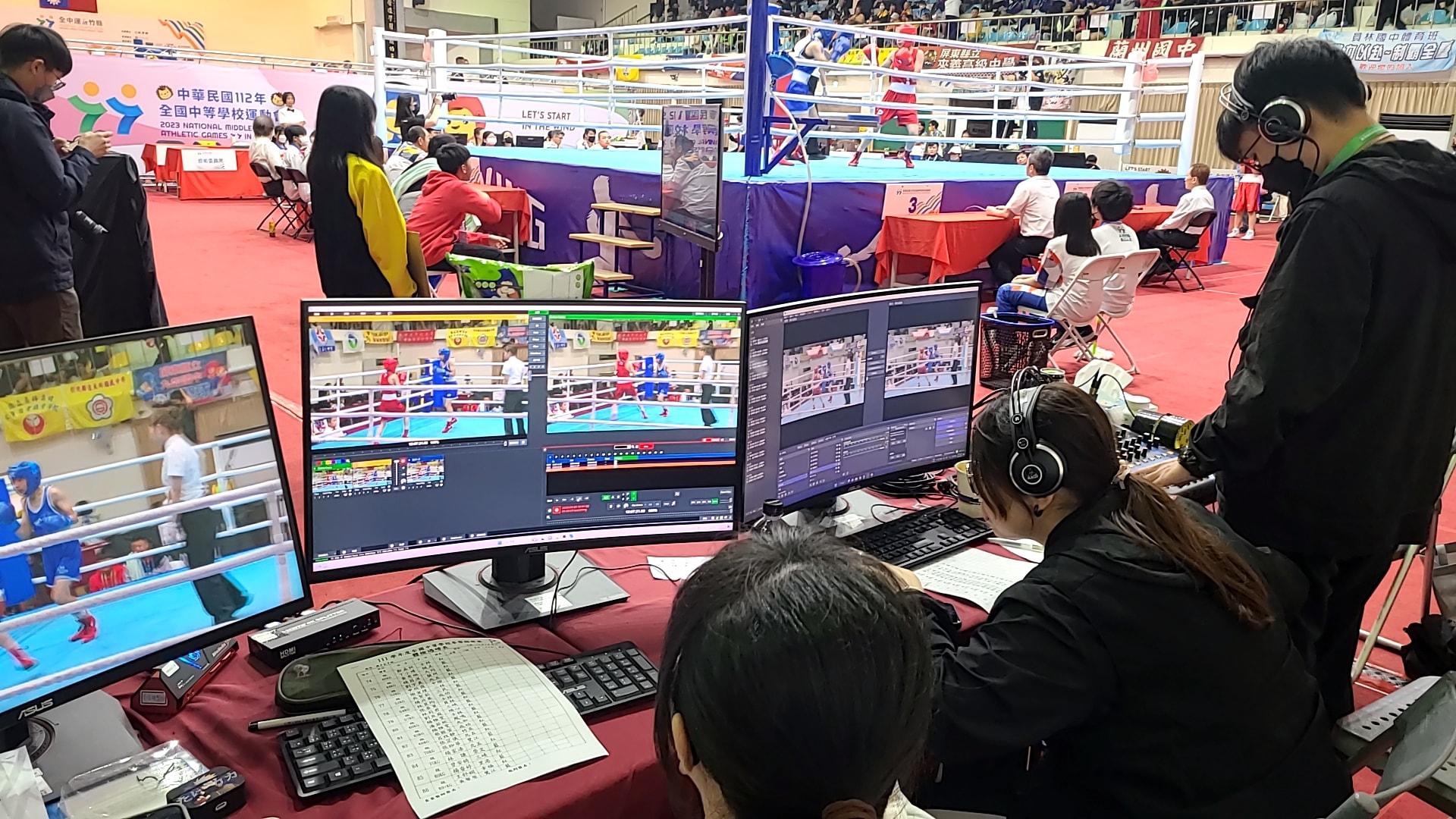
The eSports Science Group can use the YOLO (You Only Look Once) computer vision model for broadcasting applications to improve the accuracy and efficiency of broadcasts. Here are some possible applications:
Sports Broadcasting: Sports broadcasting has always been a major pillar of television programming, demanding accurate reporting and analysis. Using the YOLO model, various objects and individuals on the field, including players, balls, and referees, can be detected in real-time. This helps enhance the quality and interactivity of sports broadcasts, such as quickly highlighting player positions and foul play during referee decisions.
eSports Broadcasting: With the growth of eSports, more and more competitions are broadcasted to a global audience. The YOLO model can instantly detect in-game characters, equipment, skills, etc., and automatically annotate player and team information according to game rules. This aids audiences in better understanding the game content, enhancing watchability and interactivity.
Fitness Instruction: The key to fitness instruction is accurately guiding movements and postures. The YOLO model can detect a participant’s movements and postures in real-time, providing appropriate guidance and feedback. This improves the learning efficiency and safety of participants and reduces the workload of instructors.
Detecting Foul Play: Violations and violent incidents in sports competitions have always been a focus of societal concern. The YOLO model can detect behaviors and movements on the field in real-time and automatically identify potential violations and violent incidents. This helps ensure the safety of athletes and the fairness of the competition.
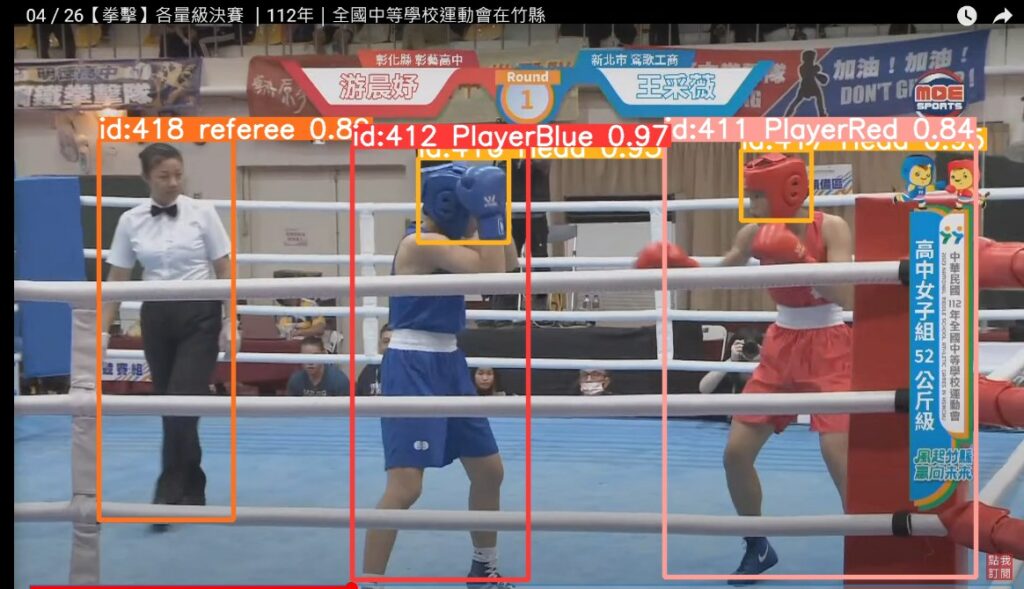
In sports broadcasting involving boxing, the YOLO model can be used to better detect and analyze various actions and postures in the boxing ring, enhancing the quality and viewing experience of the broadcast. Here are some possible applications:
Boxing Match Broadcasting: Utilizing the YOLO model, objects and individuals in the boxing ring such as boxers, boxing gloves, protective gear, and referees can be detected in real-time. During matches, the model can automatically mark the movements and postures of boxers and analyze metrics like strike speed, power, and accuracy in real-time. This helps audiences better understand the content of the match, improving the viewing experience and interactivity.
Boxing Instruction: The key to boxing instruction lies in accurately guiding the boxer’s movements and postures. With the YOLO model, the movements and postures of trainees can be detected in real-time, providing appropriate guidance and feedback. During instruction, the model can automatically mark the trainee’s movements and postures and analyze the correctness and precision of the movements. This improves the learning efficiency and safety of trainees and reduces the workload of instructors.
Detecting Foul Play: Violations and violent incidents in boxing matches have always been a focal point of societal concern. Using the YOLO model, behaviors and movements in the boxing ring can be detected in real-time, automatically identifying potential violations and violent incidents. During the match, the model can automatically mark foul play and warning actions, providing real-time alerts and feedback. This helps ensure the safety of athletes and the fairness of the competition.
